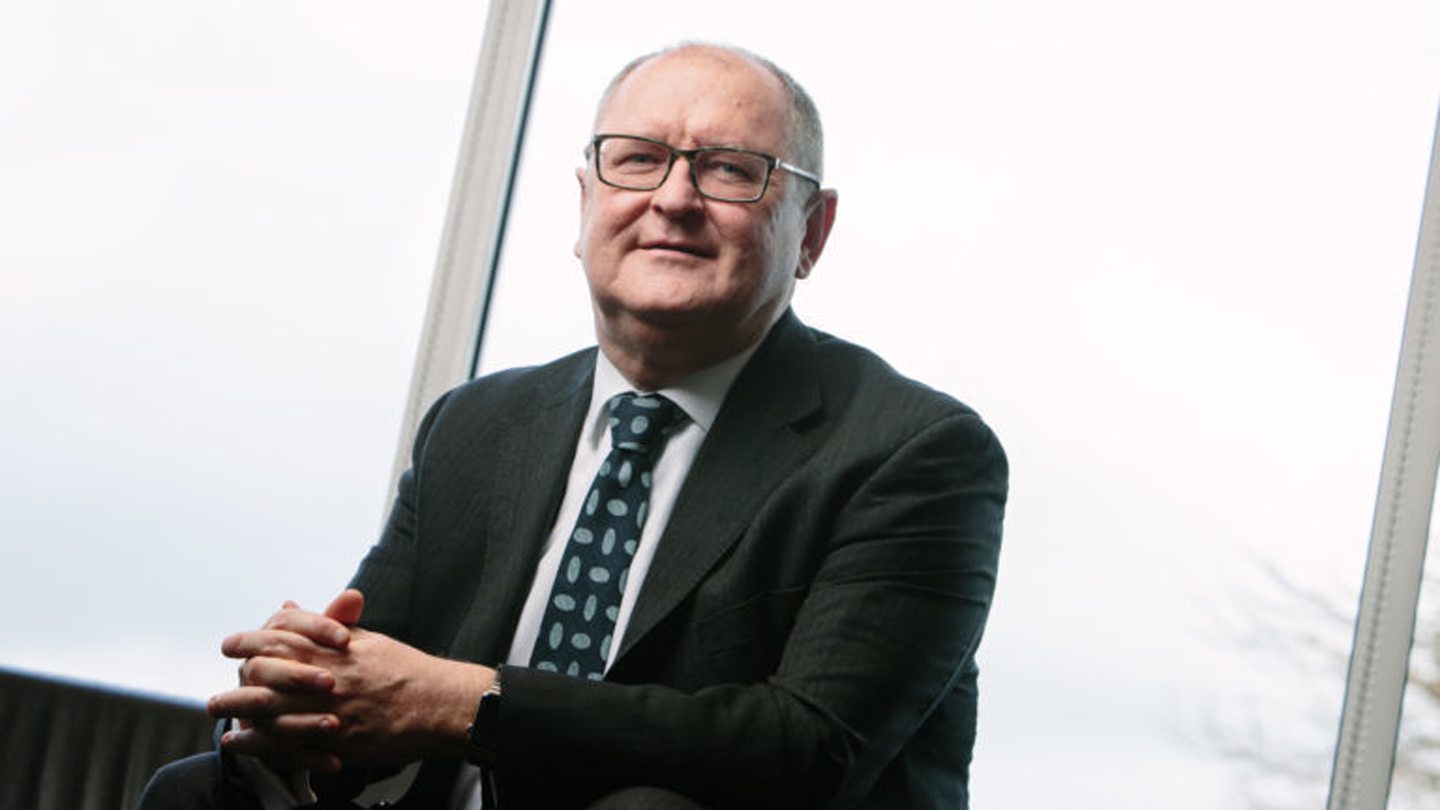
The boss of OPITO hopes for a finalised product in the first half of next year for the delayed skills passport for oil workers to shift to renewable energy.
It had been expected to be up and running by Q3 of this year, and was announced after the North Sea Transition Deal was signed between industry and government in 2021.
The hope is it would cut out excessive or duplicated training costs for similar courses to make the shift to renewables easier – the BOSIET safety standard for oil and gas versus the BST for offshore wind, or example.
But the sheer number of parties involved, and some early reticence from the offshore wind industry, has been among the stumbling blocks.
CEO John McDonald conceded the work is late, but said there has been good progress on creating a widely-accepted initiative for both sectors.
“I could probably have got something to market far quicker, but the value lies in having everyone on board on this.”
He added: “For some colleagues I know it’s not moving as quickly as they’d like but I think we will end up with a better product because of it. And I think what might get lost in this is the good progress that’s been made so far.”
When might this be running and available?
“My personal hope would be we have something…I want to say in the first half of next year. My hope is we would see something credible.”
Where has progress been made?
The passport initiative is supported by a budget of up to £5m from the Scottish Government Just Transition Fund, with additional support from the UK Government.
This is “probably the most complex project that I’ve ever been involved in through my working career” said Mr McDonald. The negotiations include oil and gas firms, integrated energy companies, offshore wind-only firms, regulators, governments and a whole host of trade bodies and other organisations.
But progress has been made on “mapping” where there’s issues, and “recognition” of shared courses and skills, with third-party reviews returning on that at the end of this month.
There’s also a “big tick” over “progression framework”; figuring out the “bridges” where workers can make a clear shift across from oil and gas to renewables.
A meeting is taking place in Copenhagen this week between OPITO, Renewable UK, OEUK and others to dive into that in more detail.
Skills Passport: What’s still to be done?
Next on the list, to be discussed at a January 18 meeting with the key parties, is figuring out the exact mechanism of the passport – like a digital app – and how that will work.
“What does it need to do? Would it need to be something I need to show at the helipad before I go offshore? Would it work for me showing a future employer what my qualifications are? Those sorts of questions I’m thinking of.
“What the developers call this is a minimum viable product – an MVP – and my thinking is we need to agree cross-industry what an MVP looks like, the design principles of it, and I would hope we would be able to get onto that discussion early in January.”
Mr McDonald added: “We’ve been talking for a long time about a digital skills passport. I think we want to test our thinking of what that might look like.”
Why the delay?
Asked to crystalise the reason for the delay, which is already past its date for being fully operational in third quarter 2023, Mr McDonald said: “It’s really about the number of stakeholders involved, and there’s a real depth of feeling here about getting this right, given the investment that’s involved in it.”
The passport started with the North Sea Transition Deal (NSTD) a wide-ranging agreement between industry and the UK Government on areas including emissions and renewables investment.
It is just one pillar of a wider skills strategy, including meeting skills demand, improving data on skills requirements and championing diversity and inclusion.
On the passport, Mr McDonald said there have been approaches from other industries for the future joining the initiative, meaning it also needs to be scalable.
After that January 18 meeting, Mr McDonald said OPITO and others will be in a better place to discuss firm timings.
Getting parties around the table
Energy Voice reported earlier this year that reticence from Global Wind Organisation (GWO), the equivalent skills body, had delayed progress on the passport.
Mr McDonald said Renewable UK and Offshore Energies UK (OEUK) have played a “pivotal role” in bringing the broader industry to the discussions.
“We have weekly meetings on this project with RUK, OEUK and other colleagues and I see nothing but positive from both of those. They’ve been super, to be honest, looking for a solution, how we move this forward and bring that wider group with us.”
He added: “Even if individual organisations might have different views in one part of the industry versus another, it’s about taking time to explain and bring them along in the journey. It’s about stakeholders.
“It’s about getting that broader agreement.”



